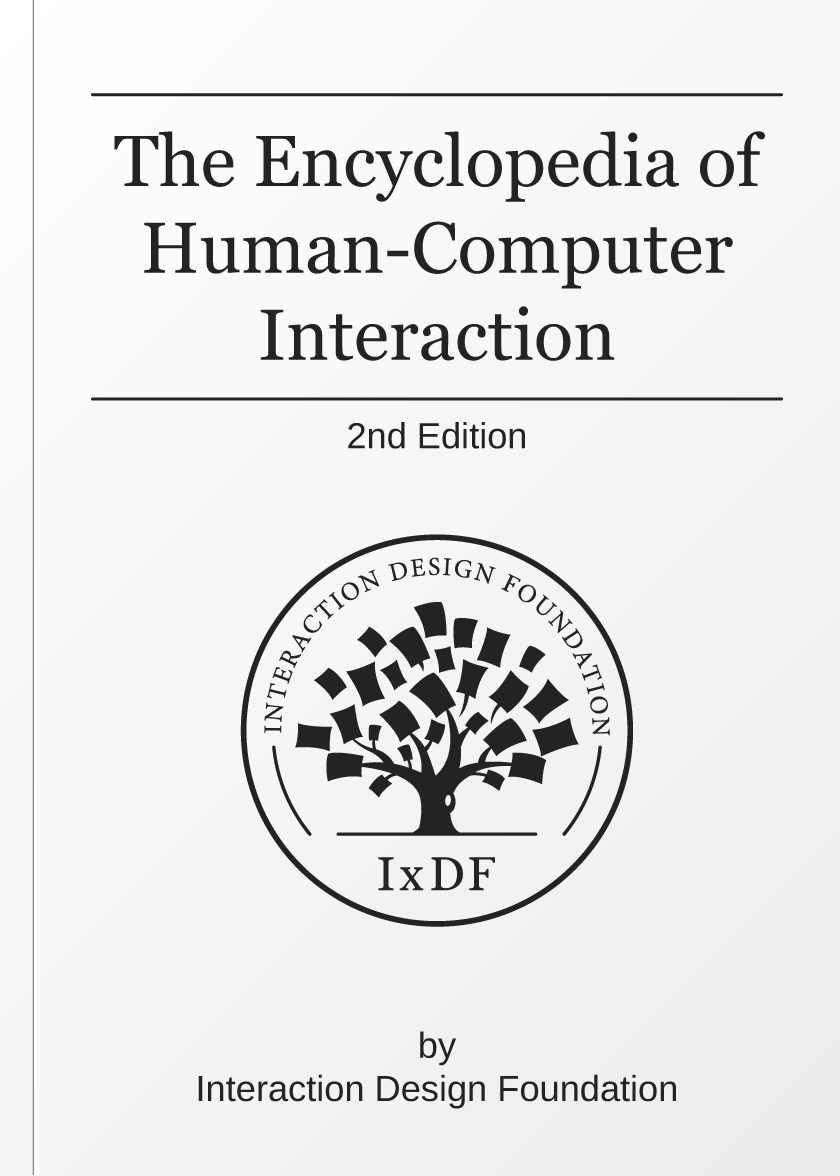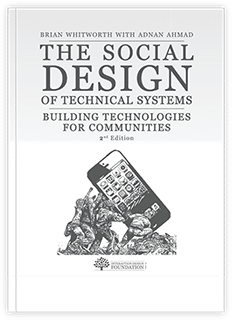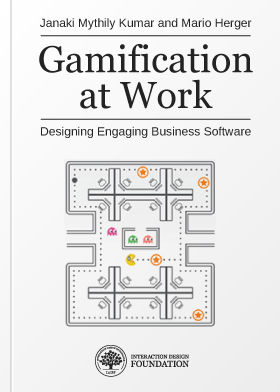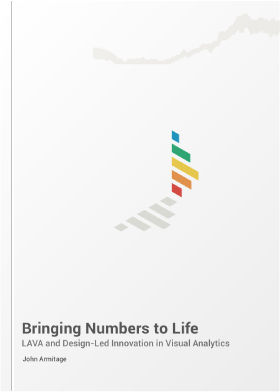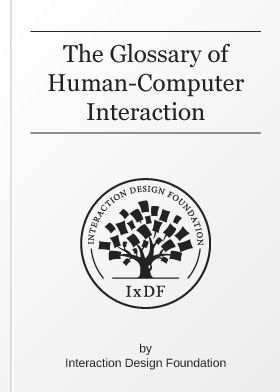Born in England and brought up in New Zealand, Brian Whitworth currently works at Massey University in Auckland, New Zealand. After doing a mathematics degree, and a Master's thesis on split-brain neuropsychology, Brian joined the New Zealand Army, where he was the first specialist to complete regular army officer cadet training. He worked as an army psychologist, and then in computer operational simulations (wargames), while simultaneously raising four wonderful children, until he retired in 1989 as a Major. Brian then completed his doctorate on online groups, and students at his university used the social voting system he built until the World Wide Web arrived. In 1999, he worked in the USA as a professor, and published in journals like Small Group Research, Group Decision and Negotiation, Communications of the AIS, IEEE Computer, Behavior and Information Technology, and Communications of the ACM. More recently, he was the senior editor of the Handbook of Research on Socio-Technical Design and Social Networking Systems, written by over a hundred leading experts worldwide. His interests include computing, psychology, quantum theory and motor-cycle riding.
